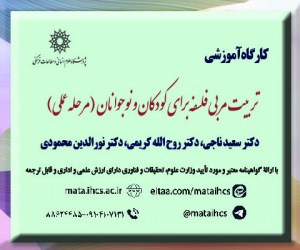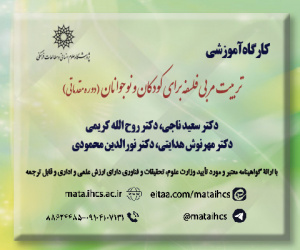رهیافت ژئواکونومیک در تحلیل روابط خارجی؛ مطالعه روابط روسیه با کشورهای اروپای غربی (آلمان، فرانسه، ایتالیا، بریتانیا) (مقاله علمی وزارت علوم)
درجه علمی: نشریه علمی (وزارت علوم)
آرشیو
چکیده
رهیافت ژئواکونومیک در تحلیل روابط خارجی کشورها، به مثابه یک الگوی نوین نشان می دهد که چه متغیرهایی در شکل گیری روابط خارجی دو کشور در قبال یکدیگر نقش داشته اند. در مقاله حاضر، مبتنی بر این رهیافت، عملکرد روسیه در قبال چهار کشور قدرتمند اروپایی شامل آلمان، فرانسه، ایتالیا و بریتانیا مورد بررسی قرار می گیرد. هدف از این مطالعه، در واقع ارائه الگوی نوینی از تحلیل برای مطالعه چگونگی شکل گیری و سطح روابط در سیاست خارجی کشورها است. سوال اصلی مقاله پیش رو عبارت است از اینکه، متغیرهای اثرگذار در شکل گیری روابط ژئواکونومیک روسیه با کشورهای اروپای غربی تا چه اندازه نقش آفرین بوده اند. در پاسخ، این فرضیه مطرح است که سطح و عمق روابط روسیه با کشورهای اروپای غربی، تابعی از برهم کنش و تأثیرگذاری متقابل متغیرهای ژئواکونومیک شامل مکان جغرافیایی، عوامل اقتصادی، ژئوپلیتیک و ژئوکالچر است. یافته های مقاله که مبتنی بر روش مطالعه موردی کیفی ابزاری انجام شده، نشان می دهد که این متغیرها در روابط خارجی روسیه با دولت های غربی، اثرگذاری متفاوتی داشته اند. روابط روسیه با آلمان دارای بیشتر سطح درهم تنیدگی بوده و در مقابل، بریتانیا از کمترین سطح تداخل متغیرهای ژئواکونومیک با روسیه برخوردار است. همچنین، متغیر اقتصاد در تعامل با ایتالیا و متغیر ژئوپلیتیک در روابط با فرانسه، نقش اصلی را در مدیریت روابط خارجی روسیه ایفا کرده اند.Geoeconomic Approach in Foreign Relations Analysis; Study of Russia's Relations with Western European Countries (Germany, France, Italy, Britain)
Extended Abstract
Introduction
The motivation to provide security and maintain territorial integrity is one of the most important dimensions of Russia's geo-economic behavior. Geopoliticians believe that the modern Russian Empire will face three separate border regions. Caucasus and Central Asia, Siberia and Western Europe. In other words, Russia to be able to revive its modern empire, it must be able to play an active role in these three vital regions. In the following, the article will analyze the Russian foreign policy toward Western Europe through geo-economic approach.
Methodology
The present article is done Through Instrumental Case Study method, and Data collected based on the library one.
Result and Discussion
In dealing with Germany, Moscow has always considered the variable of its geographical location as a fundamental principle in its foreign policy. This variable has in fact led to Russia having the best relations with Germany. On the other hand, geo-cultural relations with France and Italy have, over the years, strengthened confidence in Moscow in these countries and affected Russia's geo-economic action. However, hostile relations with the United Kingdom have not prevented Moscow from developing economic cooperation with the United Kingdom. Russia is trying, with the help of economic factors, to reduce the level and intensity of British influence on anti-Russian geo-economic equations.
Conclusion
The findings show that Russia's geo-economic action towards Western Europe has been redefined in recent years, and while the main roots of the action in the past were geo-cultural motivations, but inspired by Political variables, todays the geopolitical element plays an organizing role in Moscow's interaction with the four European powers. Differences in the views to and relations with these countries, on the one hand, and their growing need for energy, will cause Russia's foreign policy to require new geo-economic dynamics in the coming years.



